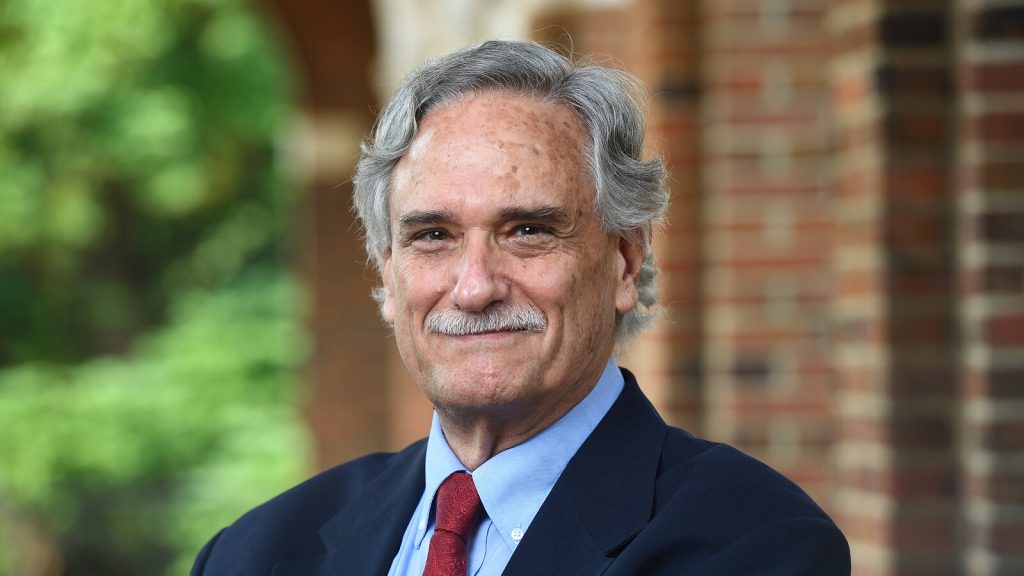
Speech in Honor of Robert Slavin
[Introduction]
Good [morning/afternoon/evening] everyone,
It is a great honor to stand before you today to celebrate the remarkable work and legacy of Dr. Robert Slavin, a visionary psychologist whose contributions have had a profound and lasting impact on education. Dr. Slavin’s research, his commitment to evidence-based practices, and his passionate advocacy for the well-being of all students have shaped the way we think about teaching and learning.
Today, as we reflect on his work, we are reminded that education is not merely about imparting knowledge—it’s about creating an environment where every student has the opportunity to succeed. Robert Slavin’s work has played a pivotal role in shaping our understanding of how to make that vision a reality.
[Early Life and Career]
Dr. Slavin’s journey in the world of education began with a simple, but profound, belief: that every child, regardless of their background, can learn and achieve success. His dedication to this ideal drove him to study the most effective methods of teaching and to develop strategies that could bridge the gap between educational theory and practice.
Throughout his career, Dr. Slavin focused on improving the educational outcomes of all students—particularly those from disadvantaged backgrounds. He did this by emphasizing not just the content being taught, but the methods by which it is delivered.
[Cooperative Learning and Its Impact]
One of Dr. Slavin’s most significant contributions to the field of education is his pioneering work on cooperative learning. His research showed that students learn best not only by being active participants in their education, but by collaborating with their peers. His work demonstrated that cooperative learning strategies—where students work together toward a common goal—improve both academic performance and social outcomes.
In an age where education often emphasizes competition and individual achievement, Dr. Slavin reminded us of the importance of cooperation, collaboration, and shared responsibility. His cooperative learning models, like Team Assisted Individualization (TAI) and Student Team Achievement Divisions (STAD), have revolutionized classrooms around the world. These models help students learn from one another, while fostering a sense of community and mutual respect.
But Dr. Slavin’s influence didn’t stop there. His emphasis on evidence-based practices has been transformative for educators. Through rigorous research, Dr. Slavin demonstrated that teaching methods and interventions should not be chosen based on tradition or intuition alone, but on what the evidence shows will work best for students.
[Educational Equity and Achievement Gap]
Another cornerstone of Dr. Slavin’s work is his commitment to addressing the achievement gap. He understood that students from disadvantaged backgrounds often face unique challenges that can affect their educational outcomes. In his research, he sought solutions that would not only improve the overall quality of education but also ensure that these solutions were accessible to all students, regardless of their socio-economic status.
Through his work, Dr. Slavin championed the need for systematic change in the education system. He advocated for programs and strategies that target the root causes of educational inequities and provide opportunities for all students to excel, especially those who have historically been underserved by traditional educational structures.
[Evidence-Based Programs and Policy]
Dr. Slavin’s commitment to evidence-based practices extended beyond the classroom. He has also been a strong advocate for educational policy that prioritizes research, data, and outcomes. His work has contributed to the development of national and international education policies that seek to elevate the quality of education through the use of well-tested, proven strategies.
By emphasizing the importance of scientific research and its application in real-world settings, Dr. Slavin has helped to shift the conversation in education away from anecdotal evidence and toward the use of data-driven methods that lead to better, more effective teaching and learning environments.
[Legacy and Lasting Impact]
As we stand here today, we can look back on the many ways in which Dr. Robert Slavin’s work continues to shape the future of education. His innovations in cooperative learning, his dedication to ensuring educational equity, and his advocacy for evidence-based practices have left an indelible mark on classrooms and schools across the world.
What makes Dr. Slavin’s legacy even more remarkable is that it is not just about his ideas—it is about how those ideas have been put into practice. The methods he developed are not merely theoretical; they are tools that educators can use in their classrooms every day to make a real difference in the lives of students. His work continues to inspire teachers, researchers, policymakers, and students alike.
In honoring Dr. Slavin today, we also honor the countless students whose lives have been improved through his research, the educators who have been empowered by his work, and the communities that continue to benefit from a more equitable, collaborative, and effective education system.
[Conclusion]
In closing, Robert Slavin’s career has been a testament to the power of research, collaboration, and a commitment to social justice. He has shown us that education is not just about knowledge—it is about shaping minds, building communities, and creating opportunities for everyone to succeed.
As we move forward in the ever-changing landscape of education, let us remember the invaluable lessons we’ve learned from Dr. Slavin: that cooperation, equity, and evidence-based practices are the keys to transforming education and ensuring that all students have the chance to thrive.
Thank you, Dr. Slavin, for your tireless work and for your unwavering belief in the potential of every student.
Thank you.
robert slavin#biograbhy#
world of education began with a simple,
